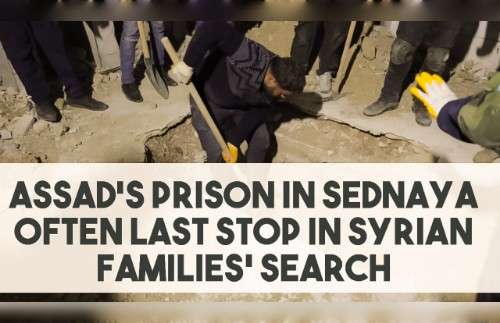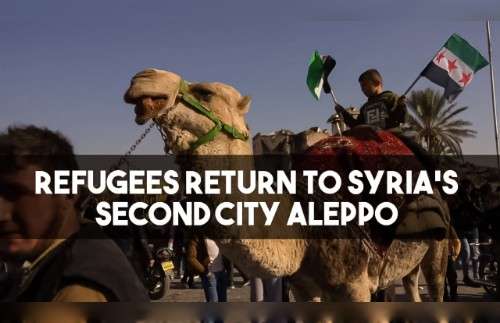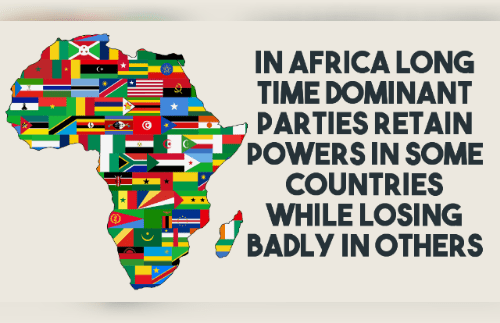
The punishment meted out by a court in Kazakhstan to activist Serikzhan Bilash, who works to release ethnic Kazakhs from internment camps in China’s Xinjiang Uyghur Autonomous Region (XUAR), is part of a bid by Kazakh authorities to placate Beijing, he recently told RFA.
Bilash, who faced seven years imprisonment for “inter-ethnic incitement” after calling for an “information Jihad” against China’s policies in the XUAR, accepted a plea bargain during his trial in his hometown of Almaty on Aug. 16 that restricts his activism in exchange for his freedom.
The activist had been a vocal campaigner through his group Atajurt for the release of fellow ethnic Kazakhs from Chinese camps, where the ruling Chinese Communist Party has been holding more than one million ethnic minority Uyghurs, Kazakhs, and other Muslims in mass incarceration centers since April 2017.
Bilash had been under house arrest since being detained in March and flown to the Kazakh capital Nur-Sultan—formerly known as Astana—amid accusations from Chinese officials that he had “fabricated” the cases he was documenting, in an arrest that was widely seen as having been made at Beijing’s behest.
In addition to ending his activism as part of the plea deal, Bilash was fined around U.S. $350 and will not be permitted to leave Almaty for the next three months.
Speaking to RFA’s Uyghur Service, the activist said that Kazakhstan was forced to make an arrangement with regards to his case that satisfied both Beijing and the Western governments and rights groups that had called for his release since his detention earlier this year.
“Basically, they restricted my human rights advocacy work concerning Kazakh and other Turkic ethnic people for seven years,” he said.
“The document says that I am prohibited from participating in any activities organized by political groups or organizations, and I am also prohibited from leading any activities against the Chinese government.”
According to Bilash, authorities initially believed that he was a migrant worker from China, and assumed they could detain him at Beijing’s request without any backlash, but realized that the situation was more complicated when they discovered that he is a Kazkh national.
“Since the day of my arrest, the American and European governments, human rights organizations, NGOs, and the Kazakh media, widely reported my case, putting the government in a challenging situation,” he said.
“They realized that if they released me, they would face the ‘long arm of China,’ but if they didn’t, they would face pressure from Western governments.”
The plea bargain was a compromise he said, adding that he believes the Kazakh government is likely to have secured financial assurances from Beijing for targeting him.
“It is not clear how much money they received from the Chinese government, but I am sure history will reveal it someday,” he said.
Maintaining innocence
Bilash told RFA that he had to accept the deal for his family, but maintained his innocence of the charges against him.
“From my speeches they accused me of creating hatred among different ethnic groups … [but] I have never said anything against the Han Chinese people,” Bilash said.
“I only said that if the Chinese government would stop abusing the human rights of its people, we would end our campaign the next day … Their verdict that I instigated ethnic hatred is unfounded,” he added.
“However, it is impossible for the government to say, ‘we are sorry we arrested you by mistake and placed you under house arrest in a different city’ … On top of that, there is pressure from the Chinese authorities. The social, political, and financial relationship between Kazakhstan and China is very complicated.”
In addition to the hardships he and his family faced while under house arrest in Nur-Sultan, Bilash said that the case has seriously impacted the lives of the nearly half million ethnic Kazakhs who are living in Kazakhstan after fleeing persecution in the XUAR.
“They became fearful of providing evidence regarding what happened to their family members,” he said, adding that “pro-Chinese Kazakhs have been given an opportunity to take advantage of the situation.”
But he suggested that being able to live relatively freely in Almaty is “in itself a victory” and said that he will use his platform to discuss subjects that “awaken the soul of ethnic-national integrity.”
“If the government does not resolve the Kazakh problems in China, we will bring up the Chinese problems in Kazakhstan,” he said, referring to Chinese investment in the country through the One Belt, One Road infrastructure initiative that he believes is wresting control of his country’s resources.
“As a result, our government will be forced to find a middle way between the nationalist Kazakhs and the pro-Chinese Kazakhs, which shows that there are different routes we can take in our fight.”
Rights group reacts
On Wednesday, New York-based Human Rights Watch (HRW) said that Kazakhstan’s decision to force an internationally respected activist to limit his own freedom of expression “speaks volumes of the authorities’ disrespect for justice and rule of law” and demonstrates the country’s “readiness to sacrifice human rights to maintain good relations with its neighbour, China.”
HRW noted that Bilash’s own lawyer, Aiman Umarova, refused to sign his plea bargain, insisting on her client’s innocence.
“The conditions on his release should be dropped immediately,” the group said, adding that “Kazakhstan should think beyond its ties with China to its obligations to respect and comply with international human rights law.”
While Beijing initially denied the existence of internment camps in the XUAR, China this year changed tack and started describing the facilities as “boarding schools” that provide vocational training for Uyghurs and other ethnic Muslim mionorities, discourage radicalization, and help protect the country from terrorism.
Recent claims by China that it has already released almost all of those held in the camps were met with skepticism by human rights and Uyghur exile groups, who said that Beijing is seeking to blunt demands for accountability for its treatment of Muslim ethnic groups in the XUAR.
Reported by Gulchehra Hoja for RFA’s Uyghur Service. Translated by Mamatjan Juma. Written in English by Joshua Lipes.
Copyright © 1998-2016, RFA. Used with the permission of Radio Free Asia, 2025 M St. NW, Suite 300, Washington DC 20036. https://www.rfa.org
You know Independent Journalism needs fund to run the not for profit venture Please contribute if you like our effort Donate through PayPal Or paytm +919903783187 phone pe +919875416249 Google Pay +919875416249 Amazon Pay +919875416249 BHIM +919875416249 or write to us editor@crimeandmoreworld.com
You can get story updates or contact us on Whats App Messenger +919073399779














